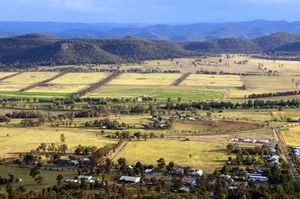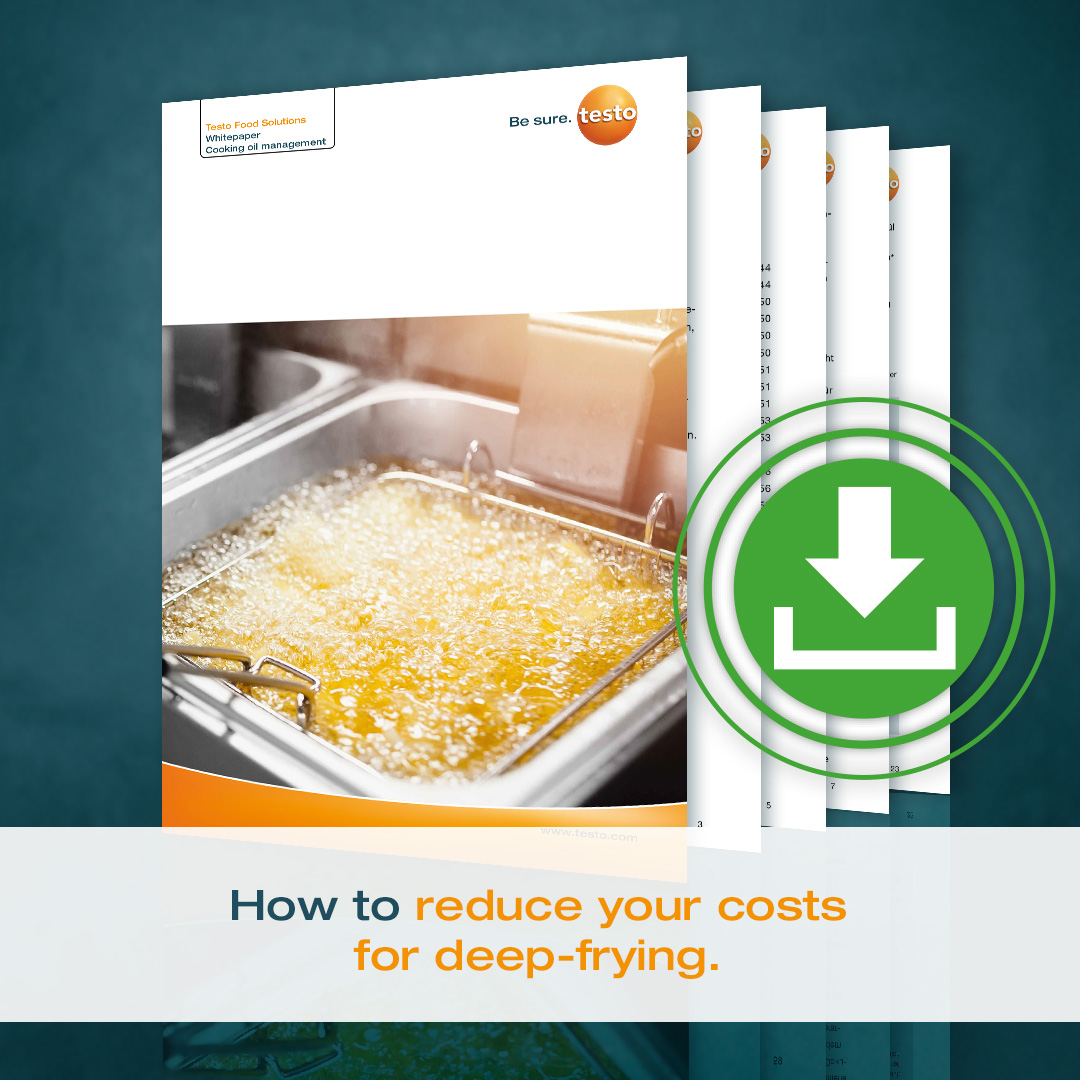At the heart of the New South Wales (NSW) Gas Plan lies intelligence. State authorities are obligating extractive companies interested in opening, expanding or adjusting coal seam gas (CSG) operations to provide comprehensive information regarding those proposals.
What safety measures will be implemented? Will workers have readily available access to carbon monoxide sensors and other gas analysis tools? CSG miners must answer these and hundreds of other questions.
The Chief Scientist’s recommendations
The NSW Gas Plan was developed in reference to recommendations made by NSW Chief Scientist and Engineer Mary O’Kane. The advice was cited within Ms O’Kane’s final review of CSG activities, released on September 30, 2014.
Ms O’Kane, aware of the contentiousness surrounding the CSG, interviewed a wide range of parties and experts in order to develop a comprehensive view of the concerns, opportunities and risks associated with the CSG. She uncovered the following insights:
- Many fear that CSG operations will tarnish agricultural land by exhausting groundwater supplies and contaminating those reserves.
- Stakeholders believe that CSG industry leaders and government agencies should maintain stronger, more consistent communication with townships, cities and other communities when considering CSG development.
- Various groups have expressed concern over limited access to ‘raw’ data regarding localities and anticipated development sites, which has led to some to grow distrustful of the CSG industry.
Despite these concerns, the Chief Scientist asserted that establishing a socially and environmentally responsible CSG industry in NSW is completely viable.
Federal Government steps in to speed up coal seam gas drilling in New South Wales http://t.co/G4X23JfX0k via @abcnews #csg #StandUp4CSG
— NEW RESOURCE CENTURY (@ResourcesforAus) April 12, 2015
She maintained that Australia’s experience with the extractive industry means legislators have the necessary experience to develop robust, unambiguous standards for CSG operations. In addition, he acknowledged the North American CSG economy’s investment in technology, enabling it to optimise production while suppressing inherent risks. The latter point suggests that Australia could do the same.
Taking initiatives
The CSG industry is expected to grow 143 per cent over 2015.
The NSW Gas Plan sites a number of commitments that the state has already commenced, one of them being the implementation of the Aquifer Interference Policy. This standard legally obligates any mining or petroleum operator using more than three mega-litres of water per year to possess a water access license awarded by the NSW Office of Water.
As for the future, gas companies will need to prove their proposals, if implemented, would benefit the NSW economy both in respects to businesses and consumers. For example, more operations translate to greater investment in thermal imaging cameras, digital pressure gauges and other equipment.
In addition, landholders will receive “independent expert advice” on benchmark financial compensation for any gas exploration or production that transpires on their property.
The CSG industry is expected to grow 143 per cent over the course of this year, according to IBISWorld. To sustain this growth under new legislation, companies participating in the sector will need to reassess their operations.









 Reduce cooking oil costs while ensuring quality
Reduce cooking oil costs while ensuring quality Expert knowledge on CO2 monitoring
Expert knowledge on CO2 monitoring Refrigeration knowledge - in 3 modules
Refrigeration knowledge - in 3 modules



